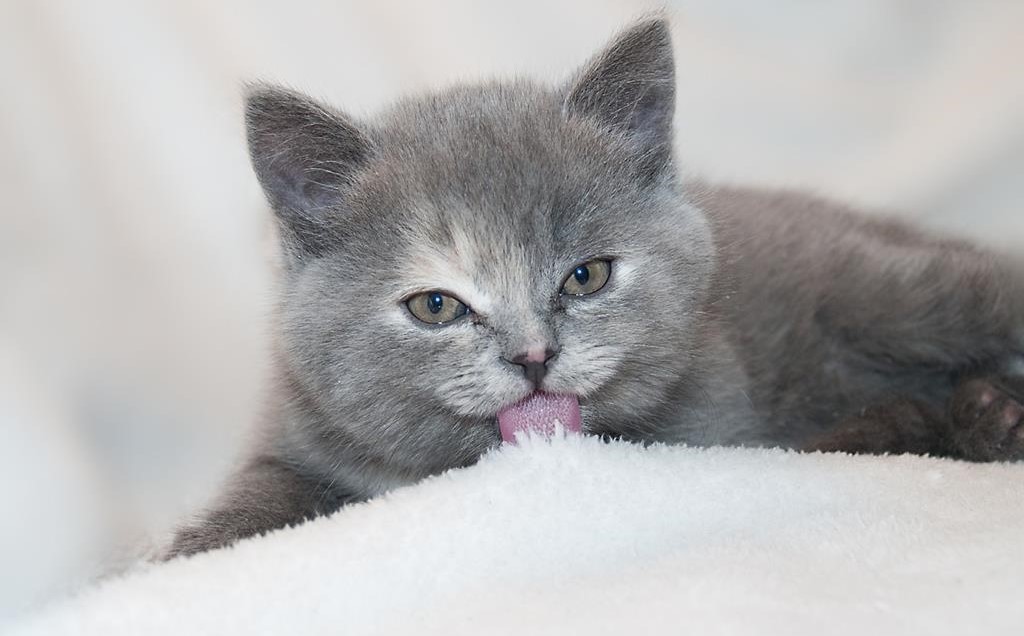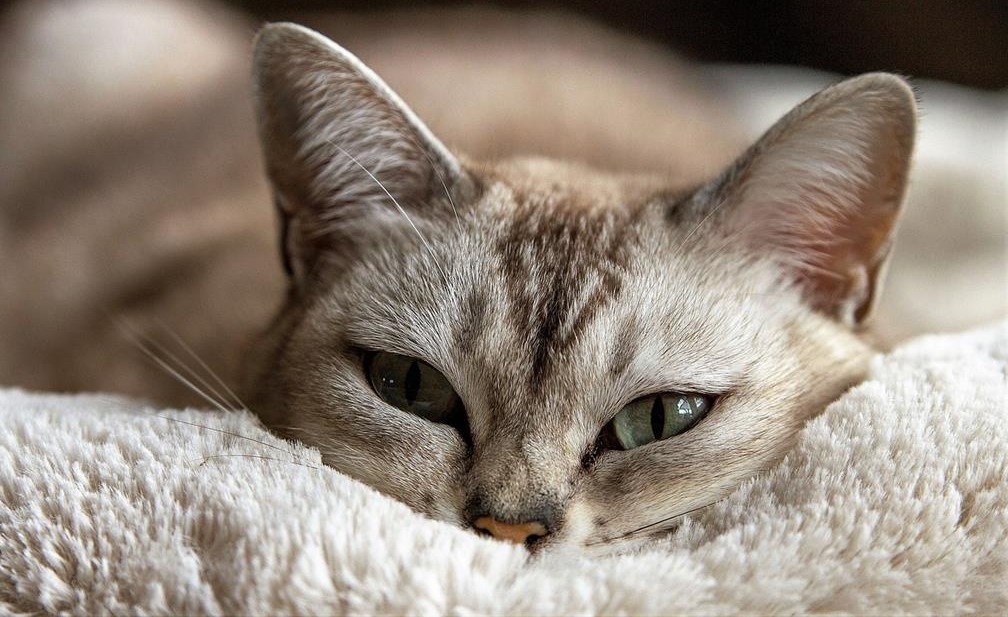Cats, like humans, can suffer from a variety of health conditions, and kidney disease is a common ailment that can impact feline companions. One intriguing symptom that often accompanies kidney disease in cats is bad breath. While bad breath in cats is not uncommon, understanding the connection between bad breath and kidney disease is crucial for pet owners to ensure the well-being of their feline friends.
Understanding Kidney Disease in Cats
Before delving into the association between bad breath and kidney disease in cats, it is essential to comprehend what kidney disease entails. The kidneys play a vital role in filtering toxins and waste products from the blood, maintaining a proper balance of electrolytes, and regulating blood pressure. When a cat’s kidneys become compromised, their ability to perform these functions diminishes, leading to a range of health issues.
Chronic kidney disease (CKD) is a progressive condition that often affects older cats. The exact cause can vary, including factors such as genetics, infections, or other underlying health problems. As CKD advances, the kidneys lose their efficiency, and various symptoms may manifest, one of which is bad breath.
The Link Between Bad Breath and Kidney Disease
Urea and Ammonia Buildup
In cats with kidney disease, the impaired kidneys struggle to filter out waste products effectively. One of the primary waste products that accumulate in the bloodstream is urea. When urea levels rise, it can lead to a condition known as uremia, where toxins circulate throughout the body, affecting different organs, including the mouth.
The breakdown of urea can result in the release of ammonia, contributing to the foul odor associated with bad breath. Pet owners may notice a distinct ammonia-like smell when their cat breathes, indicative of the kidneys’ compromised ability to eliminate waste products.
Oral Health Complications
Kidney disease can also indirectly contribute to bad breath through its impact on a cat’s oral health. Cats with CKD may experience reduced saliva production, leading to dry mouth. Saliva plays a crucial role in maintaining oral hygiene by naturally cleansing the mouth and helping to control bacteria. A dry mouth environment can foster the growth of bacteria, causing an unpleasant odor.
Moreover, cats with kidney disease may be prone to oral ulcers or infections, further exacerbating bad breath. The combination of systemic factors and compromised oral health creates an environment conducive to the development of foul-smelling breath.
Recognizing Bad Breath in Cats

As a responsible pet owner, it is vital to be attentive to changes in your cat’s behavior and health. Bad breath, also known as halitosis, is a noticeable sign that should not be ignored. While occasional bad breath can be normal, persistent and unusually foul-smelling breath may indicate an underlying health issue, such as kidney disease.
Other signs of kidney disease in cats include increased thirst and urination, weight loss, lethargy, and changes in appetite. If you observe any of these symptoms alongside bad breath, it is crucial to seek veterinary attention promptly.
Diagnosing and Managing Kidney Disease in Cats
If bad breath is suspected to be related to kidney disease, a thorough veterinary examination is necessary. The veterinarian may perform blood tests, urinalysis, and imaging studies to assess the extent of kidney dysfunction and determine an appropriate treatment plan.
Management of kidney disease in cats often involves dietary modifications, fluid therapy, and medications to alleviate symptoms and slow the progression of the disease. Additionally, maintaining good oral hygiene is essential to address the secondary effects on the cat’s breath.
Preventive Measures and Home Care
While not all cases of bad breath in cats are directly linked to kidney disease, preventive measures can help maintain overall feline health. Regular veterinary check-ups, a balanced and appropriate diet, and access to clean water can contribute to kidney health. Additionally, implementing good oral hygiene practices, such as brushing your cat’s teeth and providing dental treats or toys, can mitigate the risk of oral complications leading to bad breath.
Why does my cat with kidney disease have bad breath?
Cats suffering from kidney disease often exhibit bad breath due to the accumulation of waste products like urea in their bloodstream. The breakdown of urea can result in the release of ammonia, contributing to the unpleasant odor. Additionally, the compromised kidney function may lead to dry mouth and oral health issues, further enhancing the likelihood of foul-smelling breath.
Is bad breath always a sign of kidney disease in cats?
Not necessarily. While kidney disease commonly causes bad breath in cats, it’s not the exclusive cause. Dental problems, infections, or dietary factors can also contribute to unpleasant breath. If persistent bad breath is noticed, consulting with a veterinarian becomes crucial for a comprehensive diagnosis and appropriate treatment.
Can bad breath in cats with kidney disease be treated?
Addressing the root cause, such as kidney disease, is essential for effective treatment. Management strategies for kidney disease in cats may involve dietary adjustments, fluid therapy, and prescribed medications. Additionally, implementing good oral hygiene practices, like regular teeth brushing, can help manage bad breath and prevent associated oral complications.
Are there other symptoms associated with bad breath in cats with kidney disease?
Yes, cats with kidney disease may display additional symptoms such as increased thirst and urination, weight loss, lethargy, and changes in appetite. Observing these signs alongside bad breath should prompt a visit to the veterinarian for a thorough examination and accurate diagnosis.
Can bad breath in cats with kidney disease be prevented?
While complete prevention may not be possible, proactive measures can contribute to overall feline health and reduce the risk of bad breath associated with kidney disease. Regular veterinary check-ups, a well-balanced diet, access to clean water, and diligent oral hygiene practices, such as regular teeth brushing, can promote kidney health and minimize the chances of foul-smelling breath.
Conclusion
In conclusion, bad breath in cats with kidney disease serves as a valuable indicator of underlying health issues, specifically related to compromised kidney function. As responsible and caring pet owners, being vigilant about changes in your cat’s behavior and seeking prompt veterinary attention when needed can significantly impact their quality of life. Understanding the link between bad breath and kidney disease empowers cat owners to take proactive measures to ensure the well-being of their feline companions.



